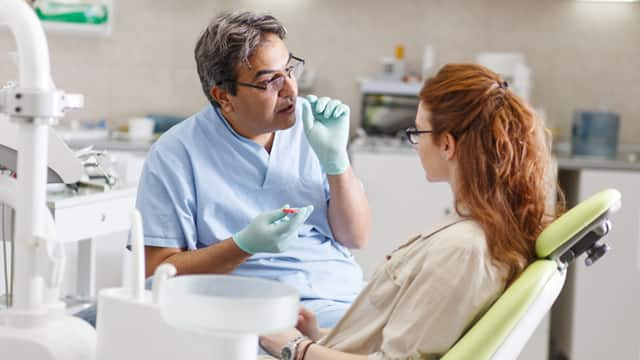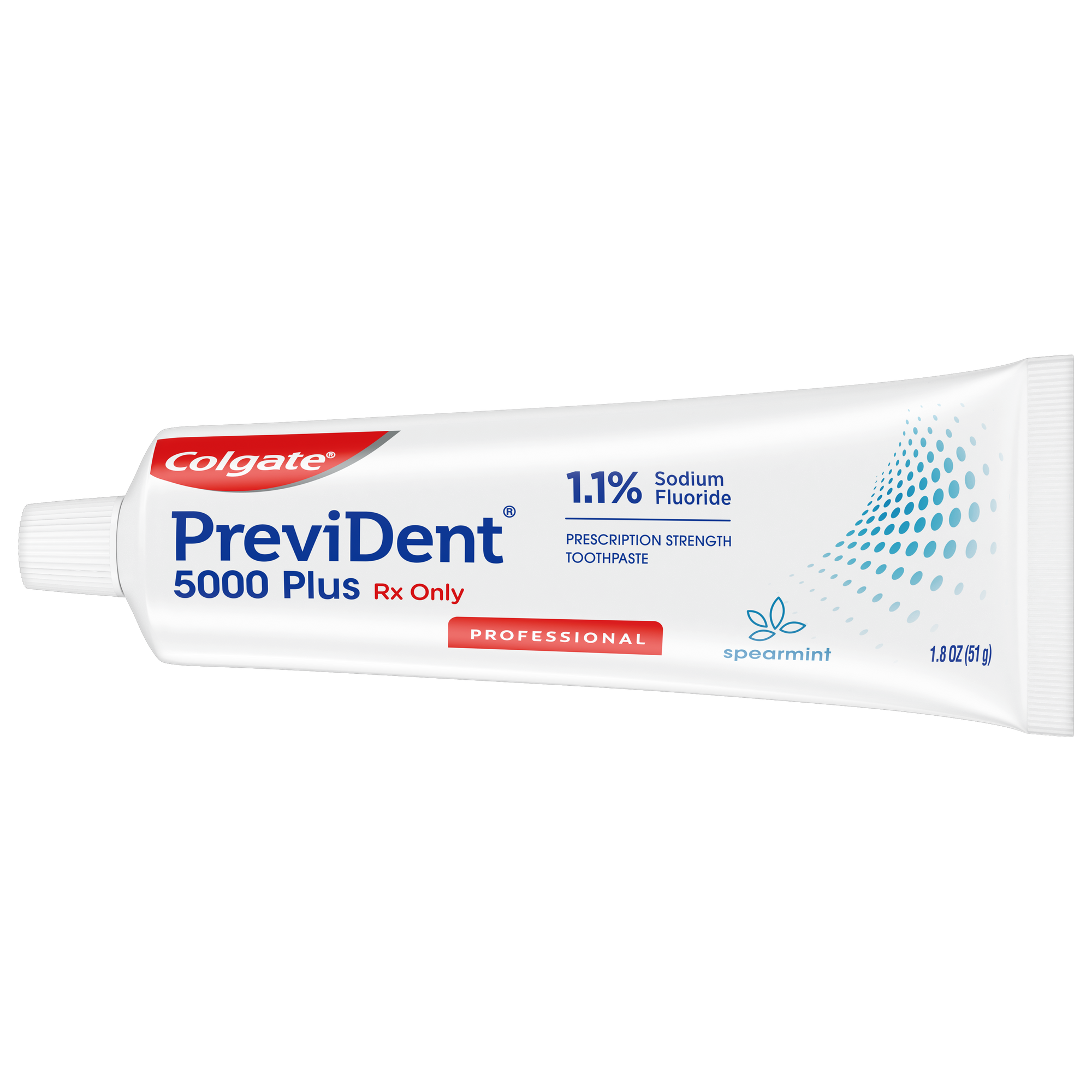Mouth Rash: Signs and Symptoms
A rash around the mouth is known as perioral dermatitis. The truth is the type of rash you have, and its symptoms depend heavily on the cause. Here are some typical ways mouth rash presents:
- Pus-filled bumps that look like acne as a result of clogged, irritated pores
- Dry, scaly skin
- Redness from using certain irritating products
- Hot or itchy skin may also be present. Whatever you do, try not to scratch your rash. It might irritate it more.
Generally, most mouth rashes won't spread unless they're a symptom of something more complicated. For example, some sexually transmitted diseases can cause a rash in and around the mouth, like herpes, which often causes cold sores and lesions around the mouth and a general sense of fatigue and fever.
If your mouth rash comes along with other symptoms, such as fever, fatigue, and lesions or rashes in other areas of the body, contact your doctor or dentist right away. It's important to rule out any more serious concerns.
What Causes Mouth Rash?
What causes mouth rash? Many different things can!
Your skin's surface can be sensitive to changes in any topical products you use, so always look into that as a cause first. If you haven't applied anything new to your face recently, here are some of the most common other causes to look out for:
- Fluoridated toothpaste
- Topical steroids, like hydrocortisone, applied either on purpose or by accident around the mouth
- Drooling
- Cosmetics, sunscreen, or other skincare products
- Rosacea
- Hormonal changes, like if you're pregnant or taking oral contraceptives
- Not washing your face regularly
- An infection
The good news? In most cases, perioral dermatitis can be dealt with quickly if you can figure out what's causing the rash. In some cases, it may require a bit of trial and error. But you've got this!
Treatment and Prevention of Mouth Rash
According to the American Osteopathic College of Dermatology, the first step in treatment for your mouth rash is to stop applying any products that may cause irritation. This includes topical steroids, as well as creams or fluoridated toothpaste. Your doctor might also suggest a topical or oral antibiotic to help combat any infection that could be causing red, scaly patches around your mouth.
When you have a rash, it's also recommended to clean your face with warm water instead of scented soap until the rash clears. After it heals, you can start using a mild scent-free soap or soap alternative. Ask your dermatologist if you need suggestions. Also, practice good skin hygiene and wash your pillowcases frequently.
So if you have a mouth rash, you know what to do now. And you know what triggers to look out for, so you can figure out what's causing it. The first step in preventing and healing your rash is to stop using products that might be irritating you. This includes topical steroids, creams, and fluoridated toothpaste. Also, use warm water and mild soap to clean your face until the rash goes away. Remember that if any other symptoms present, make sure to contact your doctor or dentist right away. With all of this info, you're bound to heal your rash in no time! So go ahead, and take steps today for a rash-free tomorrow.
This article is intended to promote understanding of and knowledge about general oral health topics. It is not intended to be a substitute for professional advice, diagnosis or treatment. Always seek the advice of your dentist or other qualified healthcare provider with any questions you may have regarding a medical condition or treatment.
ORAL HEALTH QUIZ
What's behind your smile?
Take our Oral Health assessment to get the most from your oral care routine
ORAL HEALTH QUIZ
What's behind your smile?
Take our Oral Health assessment to get the most from your oral care routine















